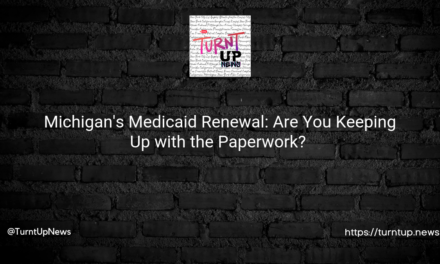🔥🏳️🌈 How many transgender and intersex people live in the US? Anti-LGBTQ+ laws will impact millions 🏳️🔥
New laws targeting the LGBTQ+ community are on the rise in GOP-led states, and it’s leaving us wondering: Do they even know how many people these laws will directly affect? 🤔 It seems like lawmakers might be making decisions in the dark, lacking crucial information about the LGBTQ+ population in the United States, particularly those who identify as intersex. Let’s dive into the facts and the mysteries surrounding this critical issue. 💡
🌈 Scant Data on LGBTQ+ Residents:
The truth is, there has been relatively little data collected on the number of LGBTQ+ residents in the U.S., making it challenging for policymakers to fully comprehend the impact of their actions. Without knowing the population they are affecting, it’s like shooting in the dark and hoping for the best. But let’s be real, that’s not how effective policies are made, right? 🎯
📊 The Williams Institute’s Insight:
To better understand the demographics of sexual orientation and gender identity, the Williams Institute at the UCLA School of Law has been leading the charge in researching and informing laws and public policy decisions. Christy Mallory, the legal director of the institute, rightly points out that we can’t assess the impact without knowing the numbers. 🧐
🏀 The Hidden Impact on Intersex Students:
One significant concern is that legislative decisions aimed at banning transgender women and girls from participating in school sports fail to consider the impact on intersex students. A recent Kansas law, for example, narrowly defines a person’s sex as male or female, leaving no room for intersex individuals, while also ignoring the existence of transgender and nonbinary folks. 😶
📚 Beware of Misleading Studies:
Adding to the confusion are discredited studies that claimed gender dysphoria might be influenced by peer pressure, leading to misguided notions about the number of transgender people. This misinformation has influenced legislative decisions on gender-affirming care bans in some states. We must be cautious about the sources of information we rely on! 🚫
🔍 The Mystery of Intersex Numbers:
So, just how many intersex people are there in the U.S.? Advocacy groups estimate that around 1.7% of people are born intersex, roughly 5.6 million U.S. residents. But wait, it’s not that simple. Intersex variations come in at least 40 forms, affecting genitalia, internal reproductive organs, chromosomes, or hormones. And not all intersex people are identified at birth, making tracking their numbers a complex challenge. 🕵️♂️
❓ Where’s the Nationwide Data?
Unfortunately, hospitals aren’t required to track information about intersex births, and the U.S. Census Bureau and other government agencies have never conducted a nationwide survey on intersex status. The lack of comprehensive data makes it difficult to determine an accurate population number. 😔
🌈 The Count of LGBTQ+ Individuals:
According to the Williams Institute, there are over 13 million lesbian, gay, bisexual, or transgender individuals in the U.S., including around 1.3 million transgender adults and 300,000 transgender youth. Shockingly, about half of them live in states without comprehensive protections against discrimination. It’s high time we address this inequality! ⚖️
🤔 So, What Now?
The absence of concrete data about the LGBTQ+ and intersex populations raises important questions. How can lawmakers make informed decisions when they lack crucial information about those they’re affecting? Shouldn’t we strive for transparency and inclusivity in policymaking? 💭
💡 And here’s a wild thought: Instead of pushing divisive laws that hurt already marginalized communities, what if we focused on creating a more inclusive society that respects and celebrates everyone’s identities? 🌈
Let’s talk about it! What do you think should be the foundation of policymaking when it comes to LGBTQ+ rights? How can we ensure that all voices are heard and represented in legislative decisions? Share your thoughts below! 👇 Let’s keep the conversation going! 💬💬💬
Source: [Original News Story URL]
(Note: The above reporting is based on facts and data from the provided news story. Turnt Up News does not endorse or provide recommendations for legal, health, or investment-related matters.)





